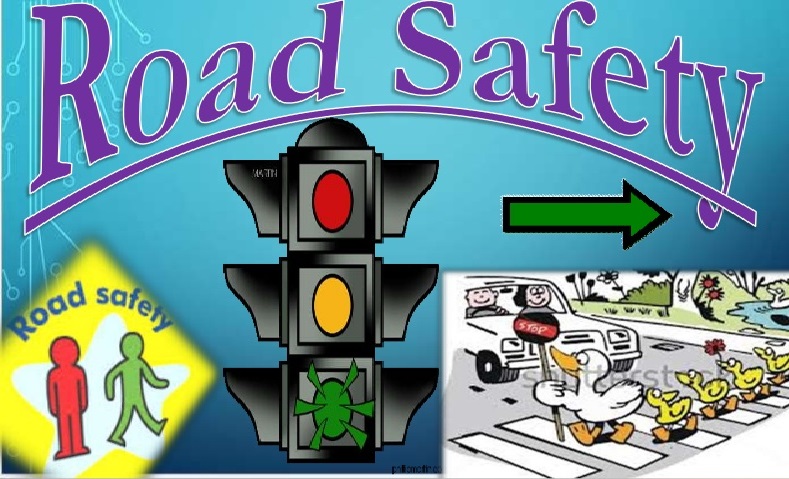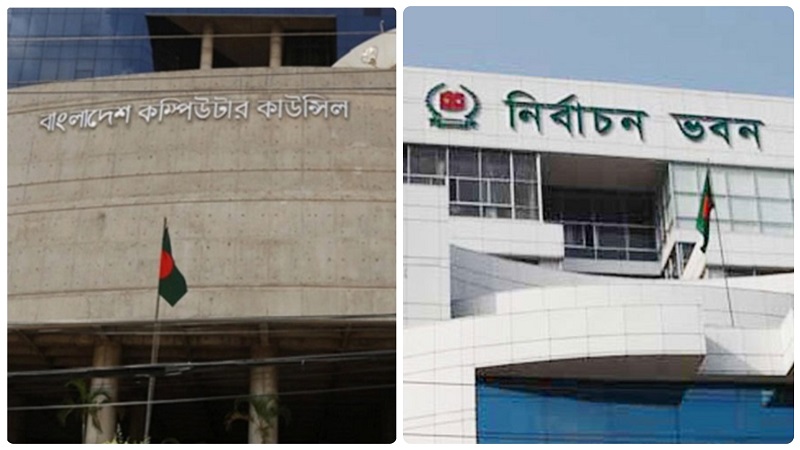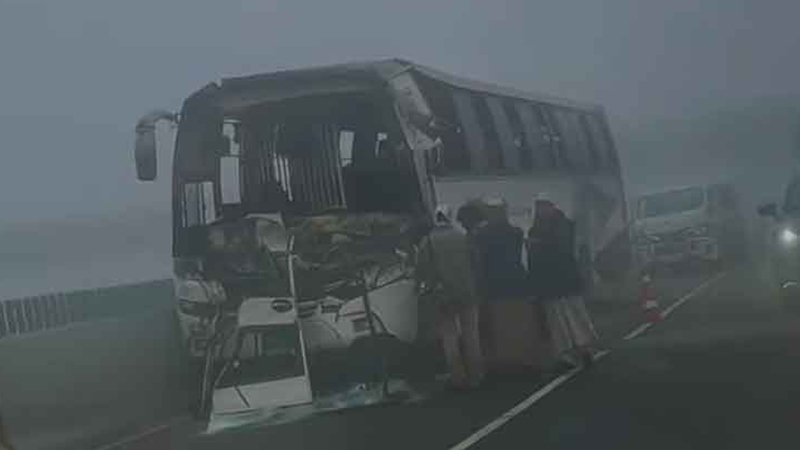National Safe Road Day today
The government is set to observe the National Safe Road Day 2020 today amid the never-ending chaos on roads in the capital as well as across the country while fatal accidents are taking place almost every day mainly due to unruly public transports and widespread lawlessness.
This year, a huge number of accidents and fatalities occurred, though, following the coronavirus outbreak, the government imposed a total ban on public road transports between March 26 and May 31 and a partial ban between June and August.
According to the first information reports prepared by Bangladesh Police, this year till July, 2,211 people were killed and 2,113 were injured in 2,291 accidents.
Passenger welfare Association of Bangladesh report shows that in August, 459 were killed and 614 were injured in 388 accidents.
In 2019, at least 4,138 people were killed and 4,411 injured in 4,147 accidents, which was an increase from 2,635 killed and 1,920 injured in 2,609 accidents in 2018.
Fierce competition among the city service buses in the capital, even among buses operating under the same companies, is marked out by experts as the key contributing factor in the increase of accidents on roads.
Experts also decry the delay in implementing the Road Transport Act 2018 and 111 recommendations for the sector and alleged that the overall safety situation on roads did not change at all after many initiatives.
They said that the overall situation was deteriorating.
Establishing proper institutional structure, maintaining chain of command, reducing proportion of passenger transportation by roads and the conviction to provide quality service are essential to solve the problems, experts suggested.
Bangladesh Road Transport Authority chairmen Nur Mohammad Mazumder told New Age on Tuesday that achieving the goals seemed a long shot as many things still needed to be done.
Disorder on Dhaka city roads and on national and regional highways as well as district and other roads is one of the major problems in the country right now.
Unruly competition in Dhaka between city buses, which often leads to reckless driving, coupled with the pressure from transport owners to earn as much as possible, is the key component of the disorder on roads.
The chaos exacerbates when buses stop anywhere during journey to pick up a passenger, causing traffic congestion and instigating risks of accidents.
Currently no health regulations were followed inside the buses, though COVID-19 rages on.
Earlier on September 19, 2018, the Jatiya Sangsad passed the Road Transport Act amid in the wake of a countrywide student protest after two college students were killed by a reckless bus in Dhaka on July 29 of the year.
The enactment of the law prompted transport workers to enforce a strike in different districts, following which road transport and bridges minister Obaidul Quader on February 17, 2019, formed a three-member committee comprising home minister Asaduzzaman Khan, law minister Anisul Huq and railway minister Nurul Islam Sujan
The committee was asked to submit recommendations for amendments to the law in line with the transport leaders’ demands.
The committee is still working.
The new law came into effect on November 1, 2019, more than 13 months after it was passed while no rules were prepared yet.
Following the strike enforced by transport workers alongside owners pushing for their demands, the drivers were allowed the facility to drive any vehicle with their existing licences till June 30, 2021 while the owners got the opportunity of waiver of all fines for renewing papers of vehicles till December this year.
Against this backdrop, another committee headed by Shajahan Khan, also executive president of Bangladesh Road Transport Workers’ Federation, prepared 111 recommendations in April 2019 to bring back order on roads and curb accidents.
Almost all of these were already mentioned on previous or existing laws and directives, according to experts.
Former director of Accident Research Institute of Bangladesh University of Engineering and Technology professor Shamsul Hoque told New Age that fragmented ownerships of buses is one of the crucial components and added that instead of bringing buses under few companies and routes, the numbers of owners and routes were allowed to increase.
On highway accidents, he said roadside kitchen markets and other shops were not only threatening the lives of people but also reducing the mobility of people.
Shamsul alleged that the expectation of implementing the road transport law properly, with increased level of punishment for people responsible for fatal accidents, was not fulfilled as the law were made ‘blunt’ during formation.
‘Now we’re heading towards a worse situation as the number of vehicles and road users are increasing and the law is in a non-functional condition,’ he said.
The professor also blamed the absence of institutional structure and chain of command in the transport sector for the current situation.
Currently a trend emerged of reliving people of the mandated responsibilities and delegating responsibilities to ministers and officials of different ministries to fix the problems in the transport sector, he continued.
‘Without mandated position, how will other even operate,’ he asked and alleged that this trend showed that there was a lack of interest in solving the problems.
He also questioned the necessity of the 111 recommendations in the present situation and added that the government would have to solve these problems showing strong political will.
Supreme Court advocate and Road Safety Foundation vice-president Jyotirmoy Barua said that no major changes occurred in the chaotic road transport sector in last few years.
During the COVID-19-induced lockdown period, public transports did not run but still too many accidents occurred in the last few months contributing to the rise in rate, he said.
Jyotirmoy said that it was not possible to change the overall situation on roads and ensure safety of road users only by enacting laws.
In the last few years no major initiatives were seen even to fix the technical and engineering faults road users across the country face on a daily basis, he continued.
One of the major problems on roads is extortion and it is common knowledge that local goons as well as some members of law enforcement agencies are involved in it,’ he said and added that the authorities should give more emphasis on water transport instead of road.
‘We are trying to digitalise all of our services for transparency and smooth services,’ BRTA chairmen Nur Mohammad Mazumder said when he was asked what the authority was doing to mitigate the issues at hand.
He observed that roads would become safe for people when the roads would be constructed properly and the ratio of vehicles and roads would remain appropriate.
On the new law, he said that rules of the road transport law would be finalised within this year.













